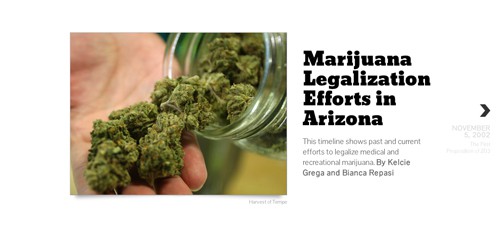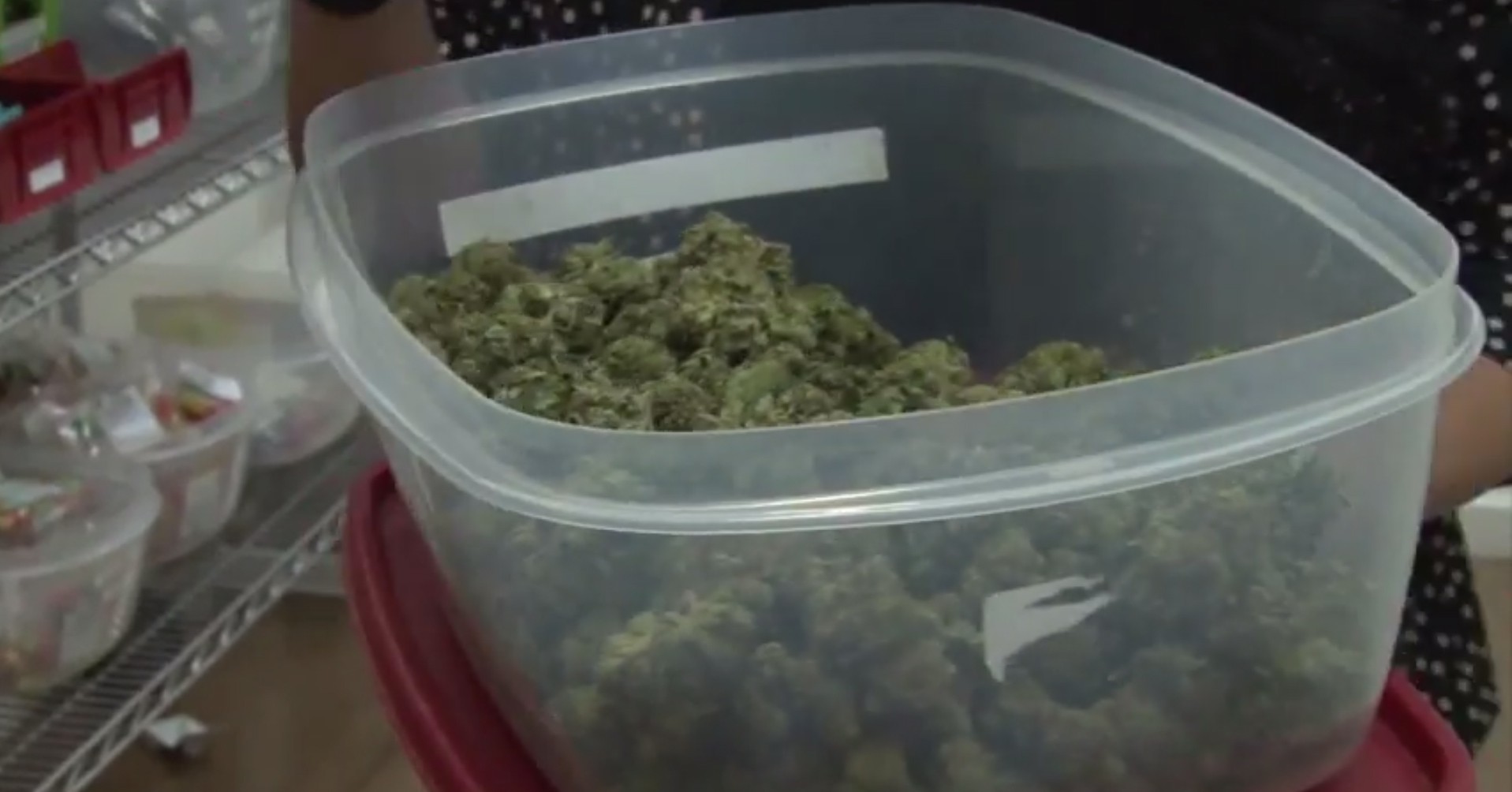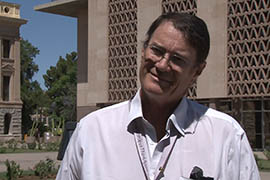Cronkite News has moved to a new home at cronkitenews.azpbs.org. Use this site to search archives from 2011 to May 2015. You can search the new site for current stories.
Ballot initiative filed to legalize recreational use of marijuana
The Washington, D.C.-based Marijuana Policy Project filed a ballot initiative Friday that would legalize recreational use of marijuana and regulate and tax the drug like alcohol.
“I believe that the Arizona voters recognize that it’s time to try something different than prohibition,” said Ryan Hurley, an attorney for the Campaign to Regulate Marijuana Like Alcohol, a political committee backed by the Marijuana Policy Project that is behind the initiative.
According to a draft of the initiative provided by the Marijuana Policy Project, the Regulation and Taxation of Marijuana Act would allow those 21 and older to carry up to one ounce of marijuana for private use.
It would also establish a Department of Marijuana Licenses and Control to regulate and tax marijuana sales.
After filing the application, marijuana policy activists will have until June 2016 to collect 150,642 signatures, 10 percent of all votes cast for governor at the last election.
Hurley said marijuana policy activists expect the tax on retail marijuana sales, which would be set at 15 percent, to bring in anywhere between $60 and $100 million in tax revenue each year.
He said the money will go toward regulation of marijuana sales. Any extra revenue will go to the Department of Education to fund all-day kindergarten programs and to the Department of Health Services for public health efforts, he added.
“It’s time to treat this like alcohol, and it’s time to tax and regulate and legalize it,” Hurley said.
Timeline: Marijuana legalization efforts in Arizona

Mikel Weisser, political director for Safer Arizona, a group that works with the Marijuana Policy Project, said the legalization of marijuana would give people safer access to the drug.
“It’s actually going on all around us right now, but this black market is not being regulated, not being taxed,” he said. “We’re going to disincentivize the black market in marijuana by price, by legality and by access.”
Weisser said it’s more than an economic issue; it’s about social justice.
He said thousands of lives are ruined every year nationwide by marijuana arrests.
“That felony stays on your record, and it ruins people’s academic opportunities, military opportunities, and in looking for jobs,” Weisser said. “Across the board, they have to deal with that.”
Seth Leibsohn, chairman of Arizonans for Responsible Drug Policy, a political committee that opposes legalizing marijuana, said the costs would outweigh any benefits.
“We’re pretty full up with problems when it comes to what’s already legal,” he said.
Leibsohn said the tax revenue would have to go toward addressing the health problems marijuana’s legalization would cause.
He said many people disregard the dangers because they don’t realize marijuana is stronger than it was 15 years ago.
“When they talk about its harmlessness, they are literally talking about something that doesn’t exist anymore,” he said.
He said regulating marijuana like alcohol is doomed to fail, adding that his organization will launch a public awareness campaign about the dangers of legalizing the drug.
“I would ask you to look at the costs of alcohol,” Leibsohn said. “What we’ve done with alcohol has failed, and it doesn’t make sense to me that you would use a failed model for what you want to do.”
More on the issue:









